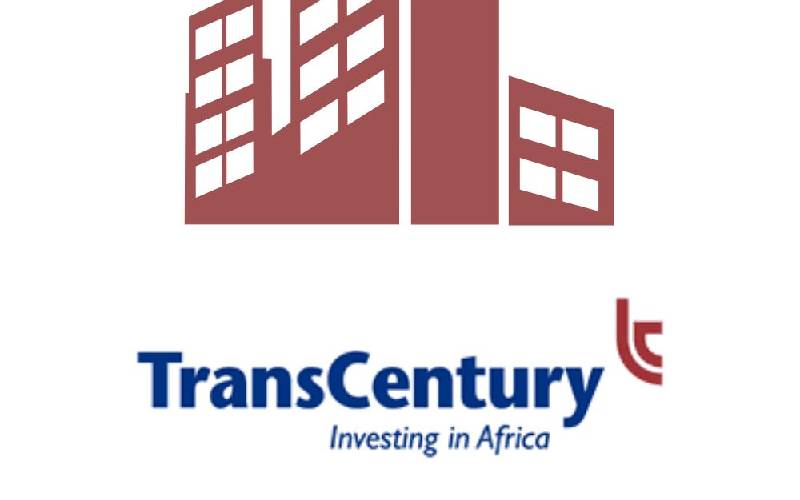Over a round of golf one afternoon in 1995, four entrepreneurs began discussing how to pool resources to pursue business opportunities.
A tide of change was sweeping the country with the introduction of multi-party politics and a new regime, and an optimistic millennium was on the horizon.
Their target was to raise Sh50 million. But how? Through an investment group of about 50 friends, each contributing Sh1 million.
However, this proved difficult and instead by 1997, the group had 29 members who raised about Sh21 million.
They became known as Trans-Century with members including tycoons such as Jimnah Mbaru, former KenGen chief executive Eddy Njoroge, former Solicitor General Wanjuki Muchemi and former Kenya Revenue Authority commissioner-general Michael Waweru.
Over the years, especially during the Mwai Kibaki regime, they would invest and make huge profits.
Trans-Century had started as a chama and went on to list at the Nairobi Securities Exchange (NSE). The firm owns companies such as East African Cables and Civicon Engineering.
However, it went on a downward spiral blamed on a debt-fuelled expansion, and allowing the early success of its subsidiaries such as EA Cables to cloud their long-term strategy.
“I believe our biggest mistake was using debt to expand rather than equity, what I would call uncontrolled expansion financed by debt. As an investor you should always balance your debt by injecting enough capital, and we didn’t do that,” says founding member Waweru.
In a section of his telling autobiography, titled Kenya’s Tax Czar , Waweru, a trained accountant, offers insights and advices budding investment groups.
Formalise operations As in the case of Trans-Century, most investment groups begin as chamas – a grouping of friends who want to invest.Waweru underscores that friends and money, like oil and water, do not mix.“To avoid problems down the line, such as a dispute between two or more of the members wrecking the group, it helps to have a formal structure that guides the group’s operations,” he writes in his book.Formalising operations, he says, defines the structure of the group, identifies officeholders and their responsibilities and outlines shared values, as well as conflict resolution and exit strategies in case a member wants to leave the group.In the case of Trans-Century, they registered a limited liability company put in robust financial systems and appointed an auditor. This meant that the firm had a memorandum and articles of association to guide the firm’s operations. Handling exits Exits are a reality. Such […]
